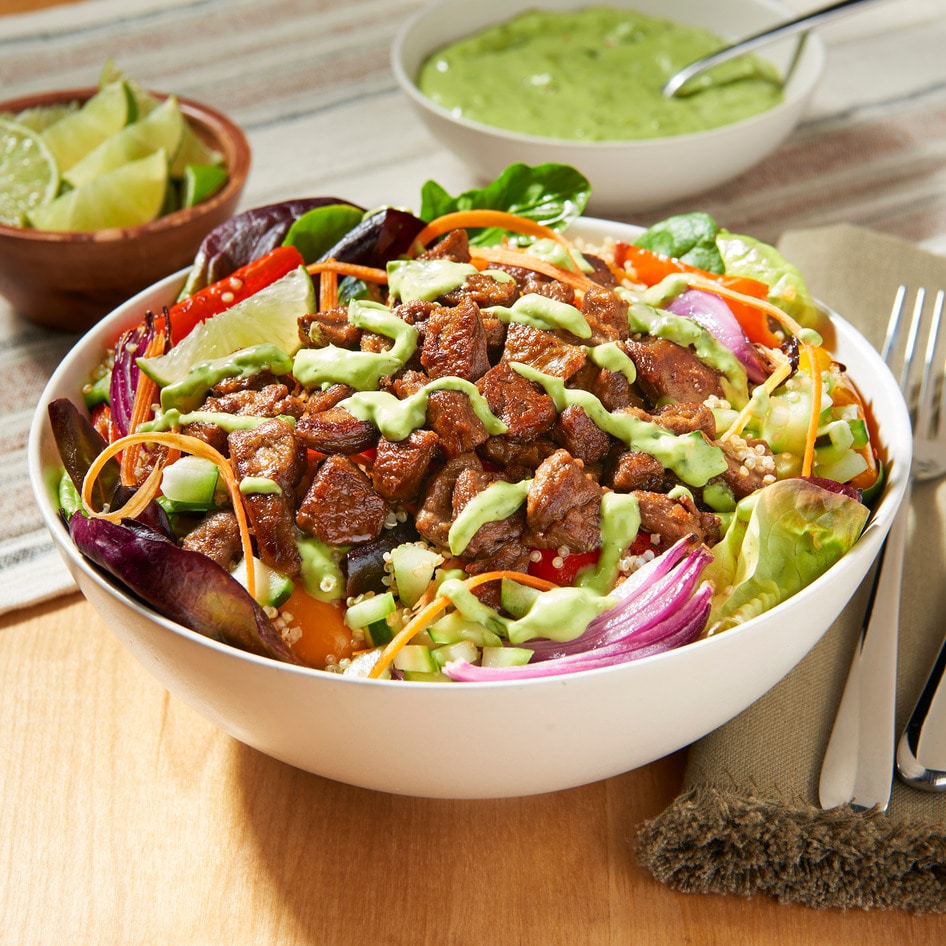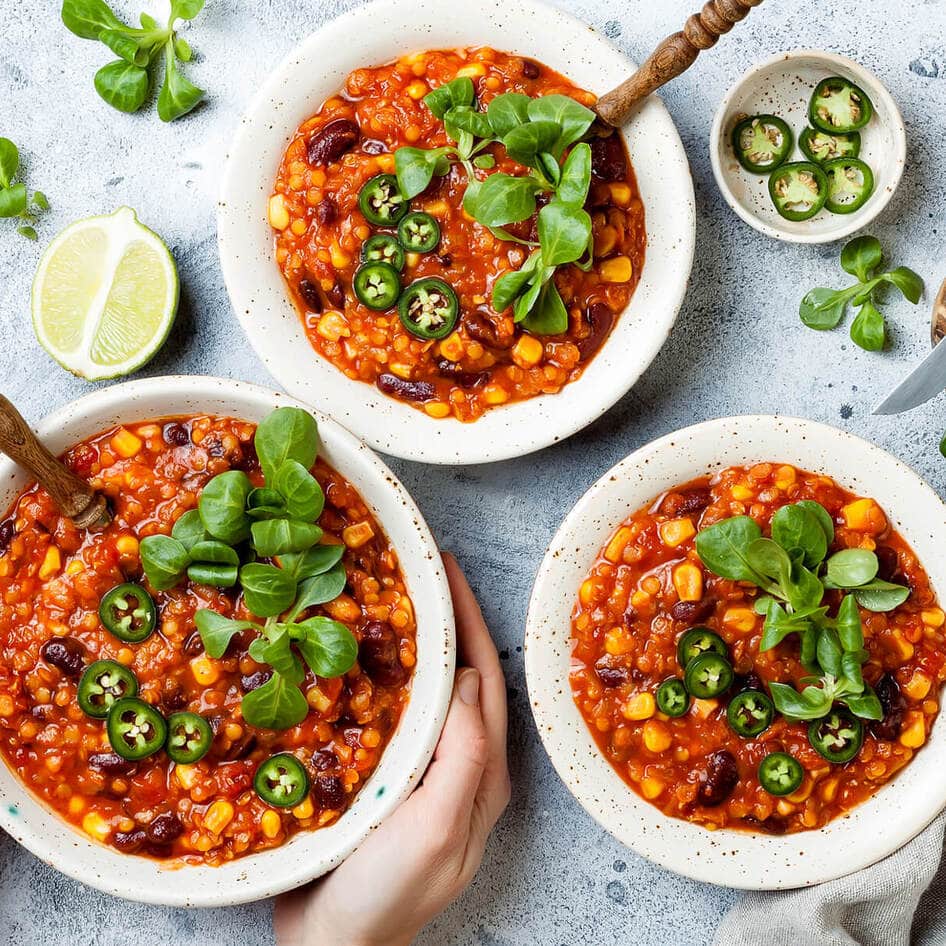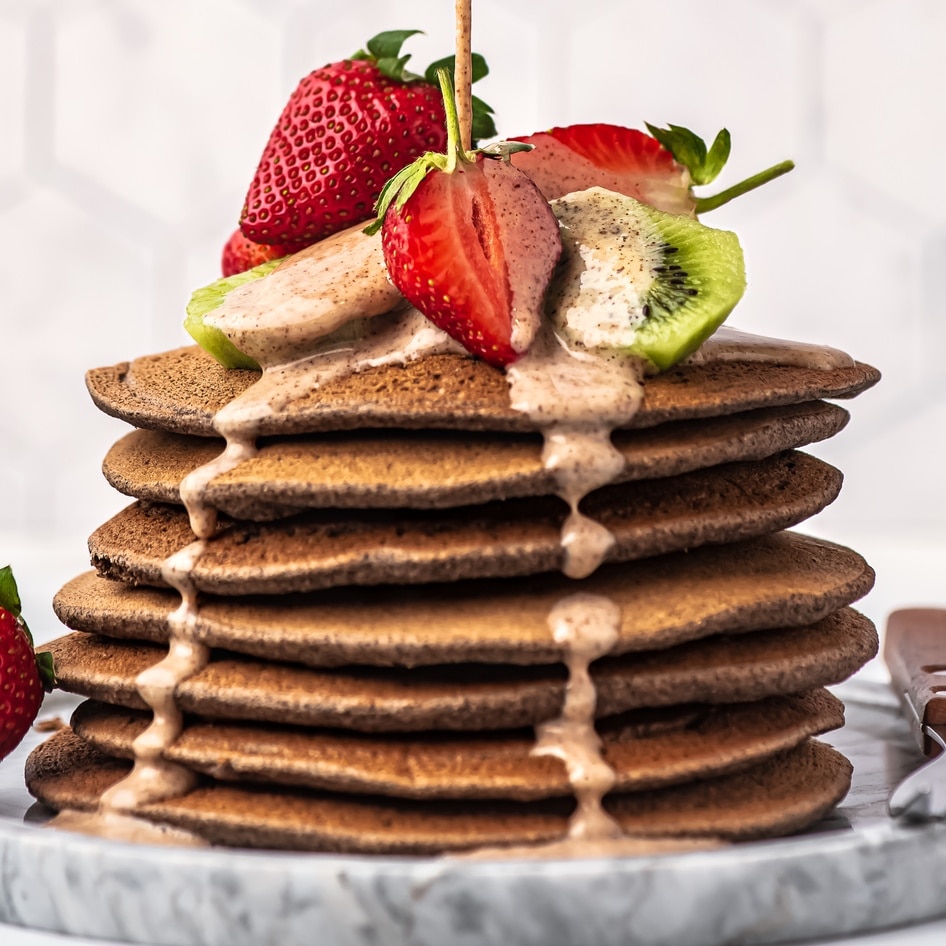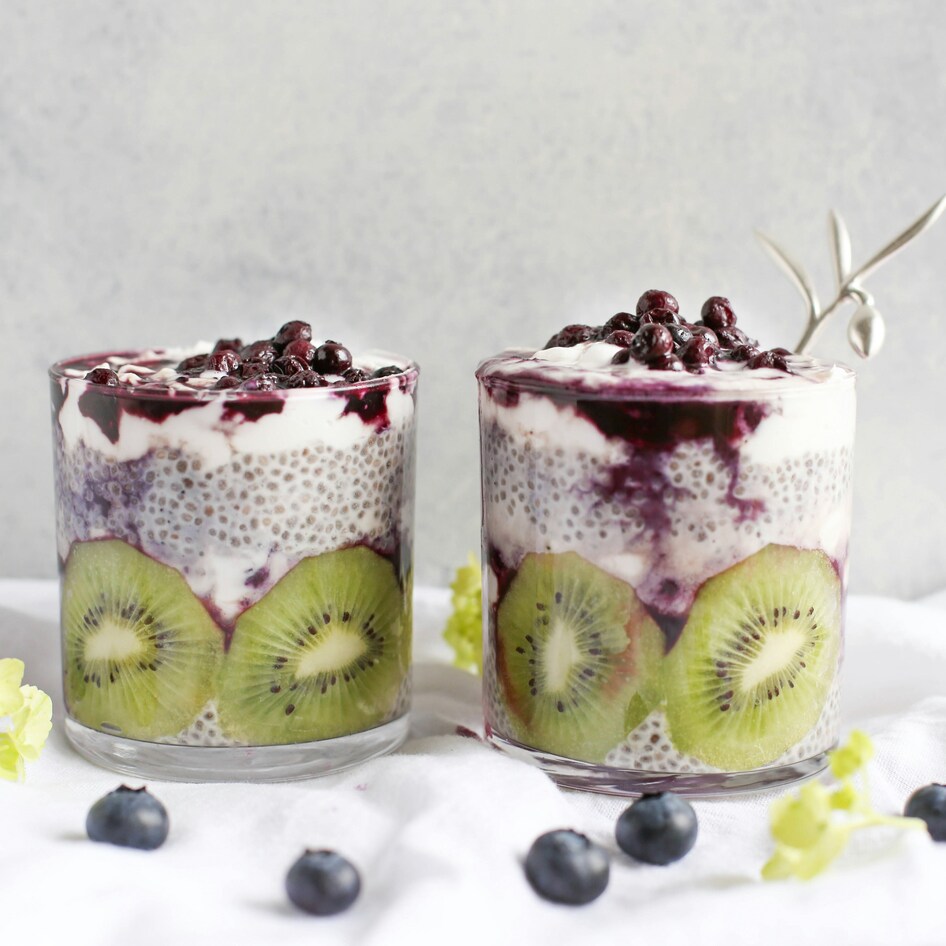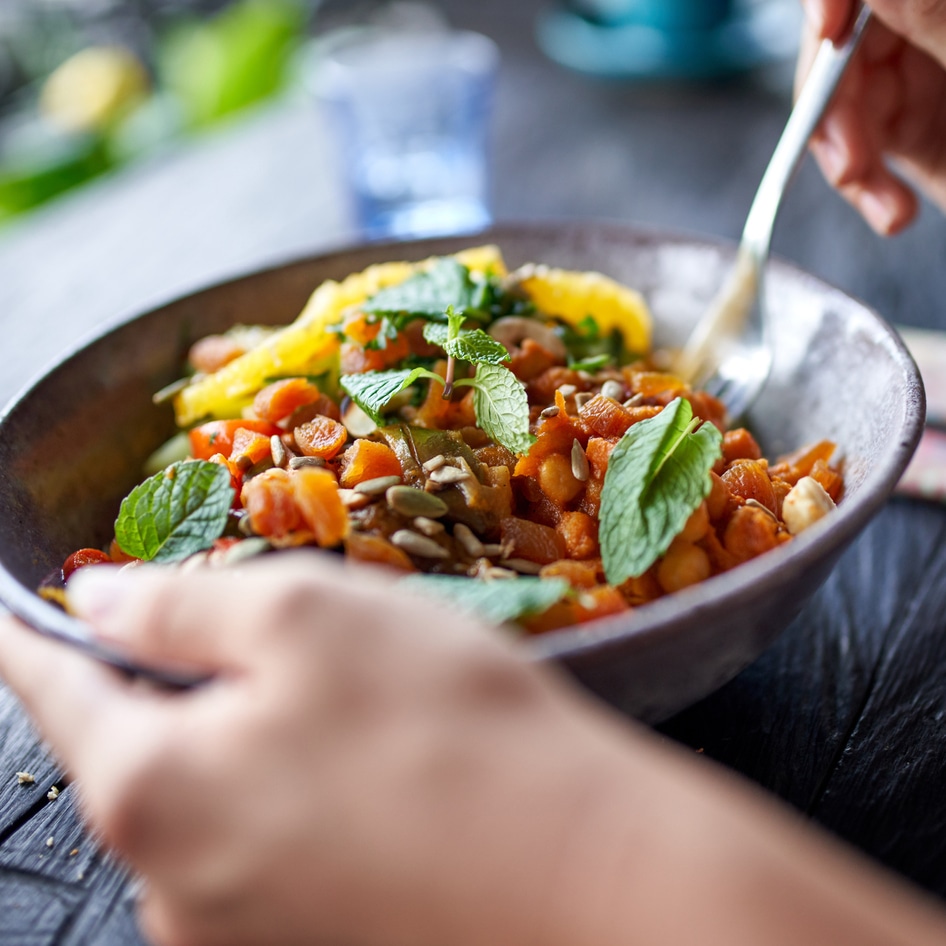Unless you’re superhuman, your energy levels are going to go up or down throughout the day. That said, it’s frustrating when fatigue hits and you still have items to check off on your to-do list. There are a lot of reasons why we get tired, from the obvious lack of sleep courtesy of late-night binge-watches to not drinking enough water. If you need help combating morning grogginess and midday slumps, read on to learn about vegan foods that can give you an energy boost.
Can food help with low energy?
Practically speaking, nearly all foods contain calories, a unit of energy. The calories that you get from food supply your body with life-sustaining energy.
When you eat or drink, your body breaks down calories into energy through the metabolic process. This energy is then either used right away or stored for later use, depending on what your body needs at the moment.
Calories give you the energy to walk and run and also allow your body to carry out vital functions, including powering metabolism, pumping blood, and breathing. This means that zero-calorie foods, like shirataki noodles, provide you with very little energy.
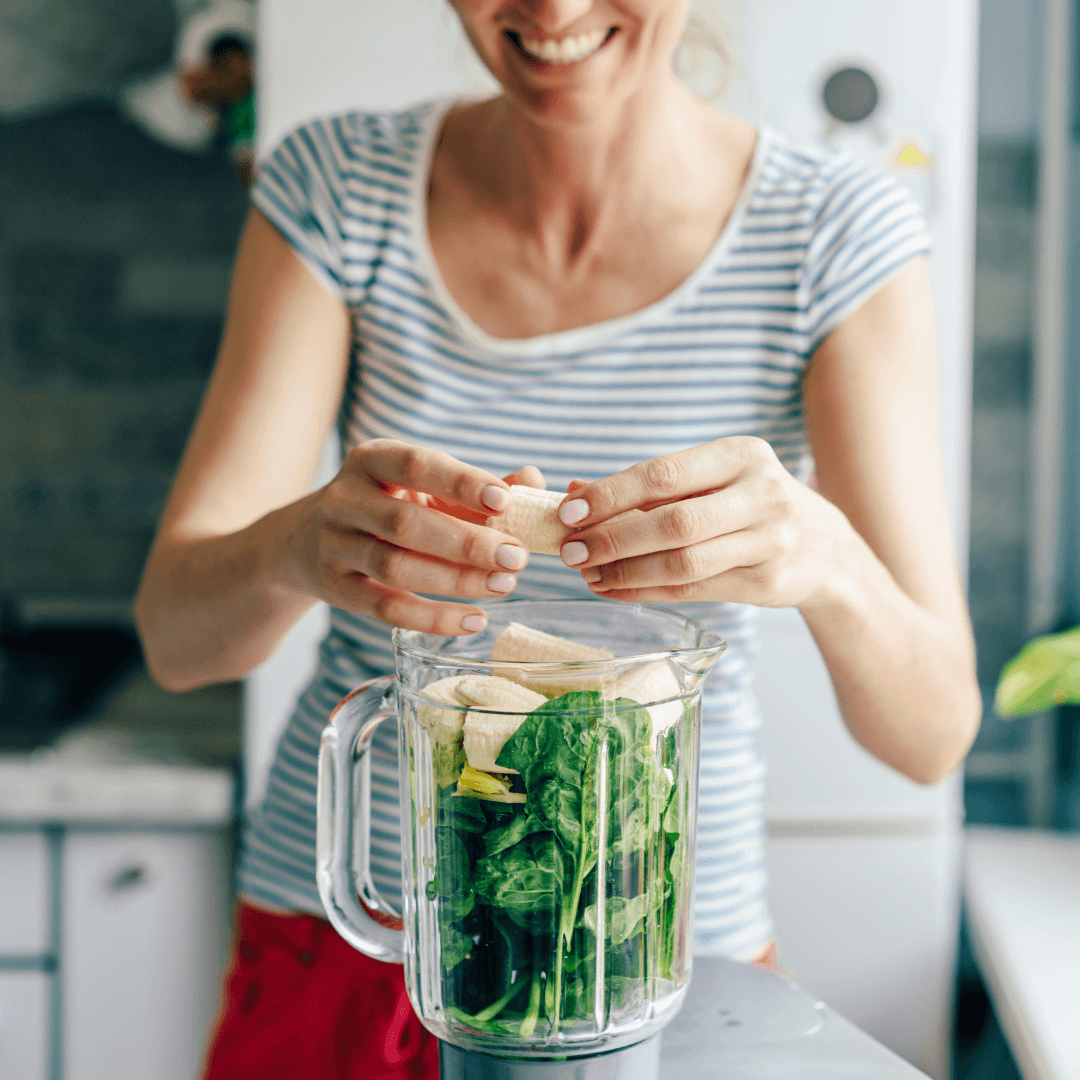 Canva
Canva
So, which foods give you energy? Out of the macronutrients—protein, carbohydrates, and fat—carbohydrates are the winner. These nutrients are either simple or complex. Simple carbohydrates include sugar and complex carbohydrates are fiber and starch, but the complex kind are what you want. It may feel like a handful of candy will make you feel more alert and energetic, but in reality, research shows that it’s associated with higher levels of fatigue.
According to the Food and Drug Administration, most people need 2,000 calories per day. But, your needs can be higher or lower depending on age, height, weight, sex, and activity level.
Other factors that affect your energy levels
Food and drink aren’t the only things that affect your energy levels, Dana Ellis Hunnes, PhD, MPH, RD, clinical inpatient dietitian at UCLA Medical Center, and author of the book Recipe for Survival tells VegNews.
“How much sleep you have gotten, your diet, whether or not you’ve gotten exercise, possibly the timing of your meals, and possibly the timing of whether or not you drink caffeinated beverages [can affect energy levels],” she says.
 Canva
Canva
It’s also important to stay hydrated. Even though water is a zero-calorie drink, staying hydrated can help keep tiredness at bay. In the reverse scenario, not drinking enough water can make you feel lethargic, irritable, and unfocused. Why?
“Hydration is very important in fighting fatigue, and it may have something to do with blood pressure and oxygen levels. If you are low in hydration, your blood volume decreases; therefore, your blood pressure decreases, and that can potentially make you tired,” Hunnes says.
What about coffee?
When many people wake up in the morning, the first thing they do is get caffeine in some way, shape, or form—coffee, tea, matcha, yerba mate, caffeinated sodas, guarana, and more.
Caffeine stimulates your central nervous system and takes about 30 minutes to an hour to peak. When it reaches your brain, it blocks adenosine, a compound that increases your need for sleep. So, consuming caffeine leads to increased feelings of alertness and energy. Research even shows that coffee can lower your risk for dementia, Alzheimer’s, and suicide risk.
But, there are some downsides. “Caffeine can help with fatigue, but if you drink it too late in the day, it will do the opposite and prevent you from getting good quality sleep, which will actually make you more tired in the long run,” Hunnes says.
 Canva
Canva
However, some people may experience jitteriness or anxiety as a result of drinking caffeine. You should also know that you can’t fix a lack of sleep with a strong cup of coffee—research shows that if you get only five hours of sleep, caffeine stops being effective.
It’s also not good to drink coffee too soon after you wake up. Most experts agree that if you get up at around 6am, you should wait until mid-morning—around 10am—when your cortisol levels dip to get the most benefits from caffeine.
Vegan foods that fight fatigue
All of the above being said, certain vegan foods can help keep grogginess at bay.
“Most of the foods listed below are high in vitamins and minerals which help maintain your metabolic level,” Hunnes says. “They’re also anti-inflammatory, and inflammation can sometimes cause fatigue, so therefore having anti-inflammatory foods can battle that fatigue.”
BECOME A VEGNEWS VIP: Get exclusive product deals, freebies, and perks galore!
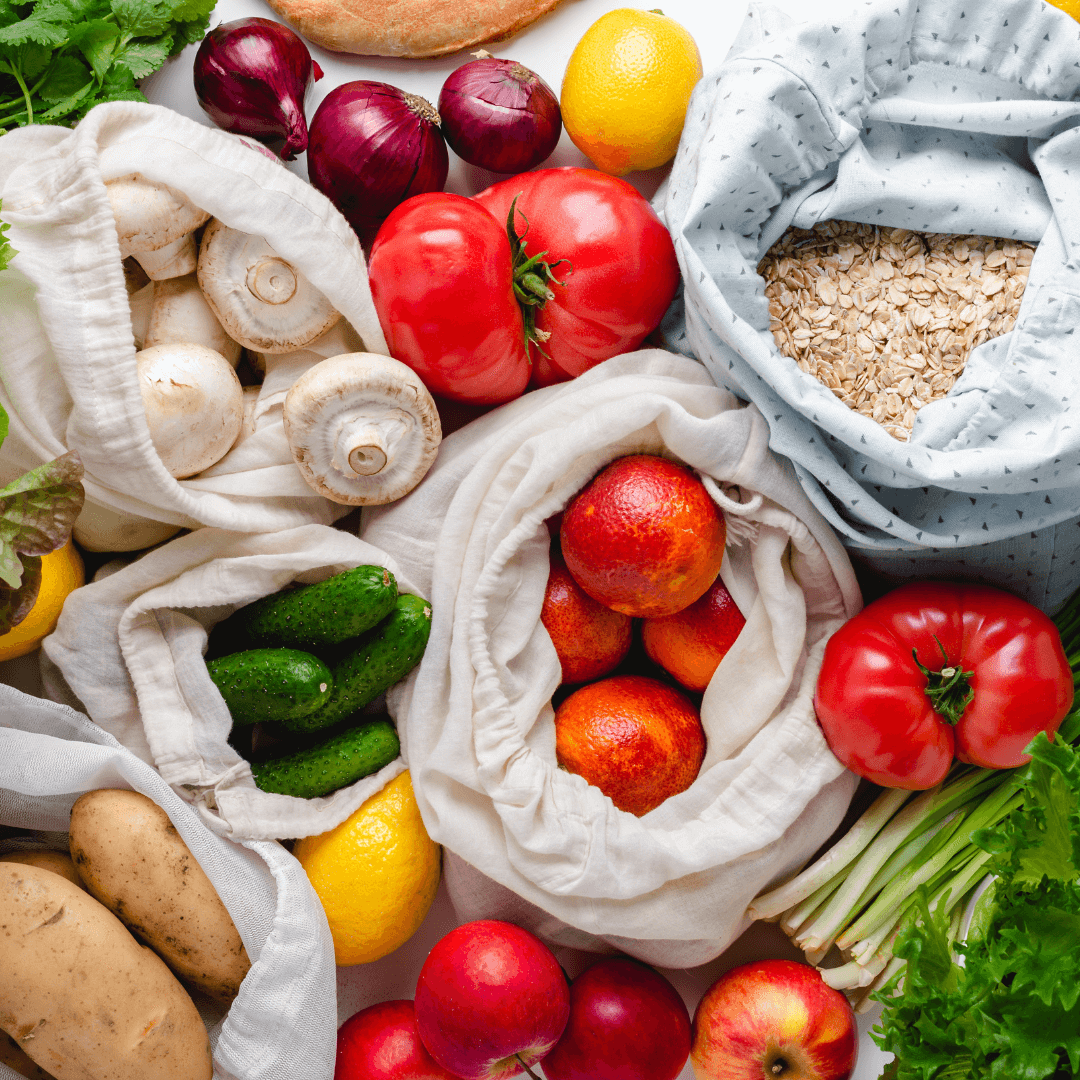 Canva
Canva
1 Fresh fruit and vegetables
Fruits are packed with vitamins, minerals, fiber, and complex carbohydrates—the latter of which provide your body with sustained energy. Bananas are one of the best kinds of fruit you can eat for energy. A study published in the journal Plos One found that eating a banana before a long bicycle ride helps with performance and endurance just as much as a carbohydrate drink.
Other fruits that can give you an energy boost include apples, strawberries, blueberries, raspberries, avocados, and oranges.
“They are also very hydrating, as fresh fruits and vegetables contain a lot of water in them which can also battle fatigue,” Hunnes says.
Vegetables can ward off fatigue, but only certain kinds. Starchy vegetables like potatoes, sweet potatoes, peas, and corn are efficient energy-givers due to being high in complex carbohydrates. Carrots, beets, and the various types of winter squash contain less starch than tubers, but they can give you a little boost. However, don’t count on vegetables like lettuce, broccoli, and cauliflower to put steam in your engine—but, they are still a good source of vitamins, minerals, and dietary fiber.
2 Whole grains
Avoid refined grains like white rice, white bread, and white pasta, and add whole grains to your plate instead. These are packed with complex carbohydrates and dietary fiber—especially oats, which your body breaks down and absorbs slowly. For a breakfast that will give you sustained energy throughout the day, try this Slow-Cooker Apple Pie Oatmeal and top it with nuts and fresh fruit.
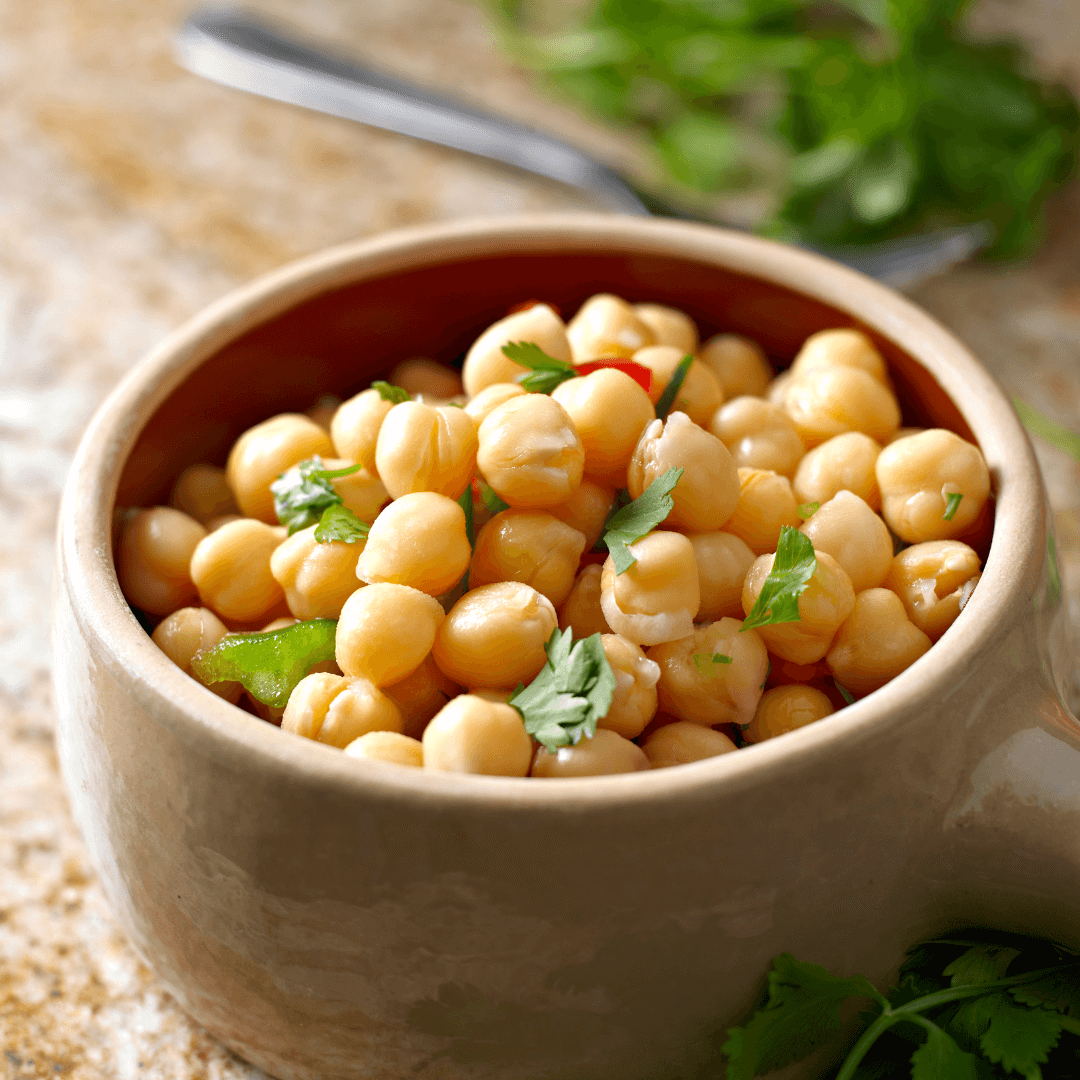 Canva
Canva
3 Beans and lentils
Legumes like lentils and beans are rich in complex carbohydrates, protein, fiber, magnesium, and iron. The latter two nutrients are especially good at providing your body with energy because it slowly digests the food throughout the day. Legumes are also anti-inflammatory. Inflammation is often a marker for a number of chronic conditions, such as heart disease, so lentils and beans can provide a wide variety of health benefits beyond keeping your energy levels up.
4 Nuts and seeds
Walnuts, almonds, cashews, pecans, macadamia nuts, sunflower seeds, chia seeds, and more are good sources of protein, fiber, fat, and calories, as well as energy-providing vitamins and minerals.
For more plant-based stories like this, read:
JUMP TO ... Latest News | Recipes | Guides | Health | Subscribe



